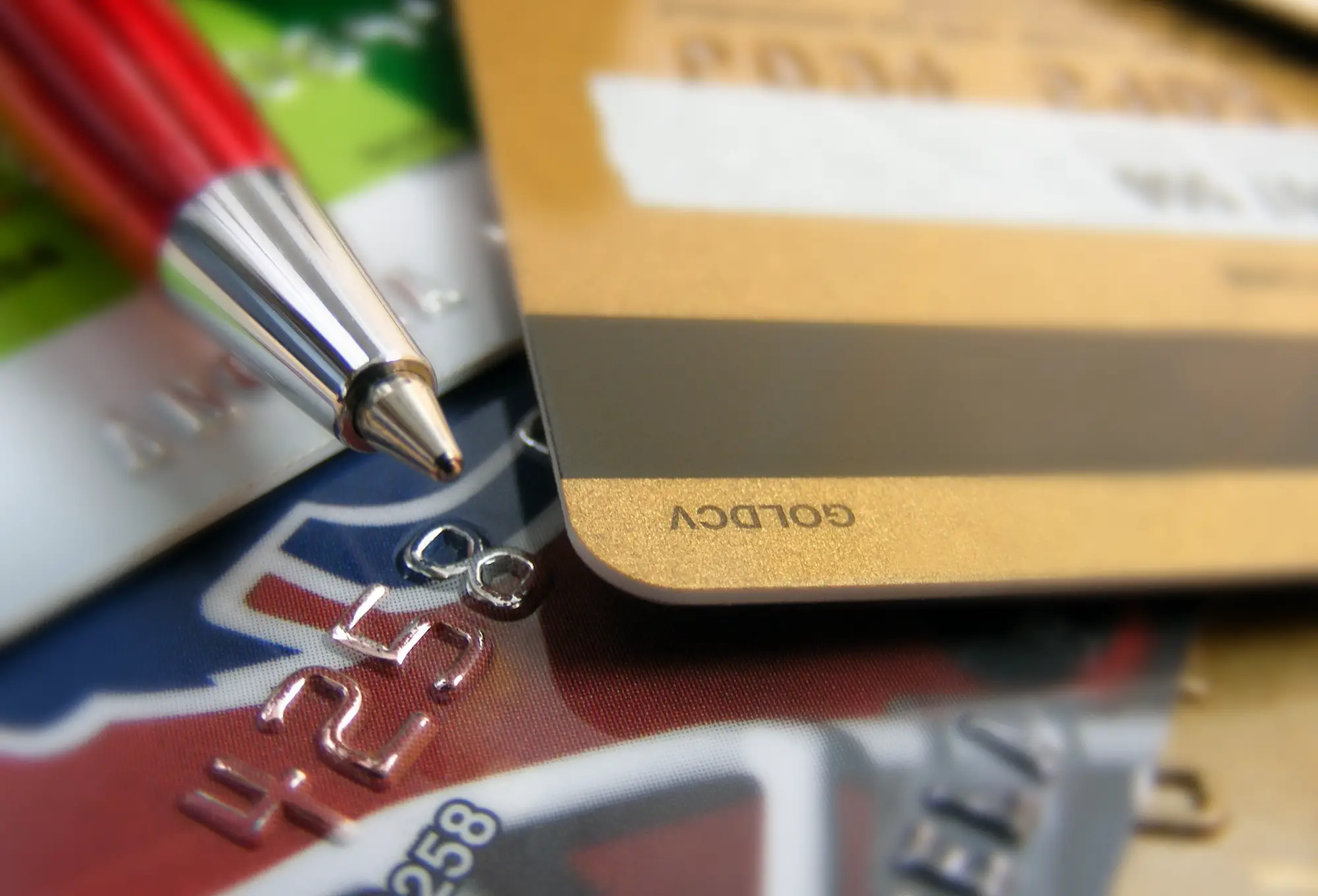Approximately 16% of Americans have a very poor credit score. Even more than this have one that's just considered "fair", which isn't getting them the best financial deals or options in life.
Some people are resigned to having bad credit. It seems like a hole that's impossible to climb out of, or they can't get financially stable enough to improve their situation.
There is always a way to improve your credit score, and plenty of reasons why you need good credit.
Read on to find out how to make your credit better, whether it's very poor right now or already good and you just want to strive for more.
Why You Need a Good Credit Score
In the US, many things are based on a person's credit score. Here's why you need a good one.
Get Good Interest Rates On Loans
When taking out a big-ticket loan, a lot of people will look at your credit risk. Your interest rates will be based on your credit score.
For example, if you decide to buy a car, you'll get a better interest rate if you have a better credit score. This means your payments will be lower every month, or it might even require a smaller down payment.
It seems contradictory and even cruel to charge someone who's having trouble with money more, but this is because the dealership wants to make sure they get their money back for the car in the end.
By improving your credit score, you'll actually save yourself money in the long run if there are big purchases you want to make.
Getting Approved For Credit Cards
Getting approved for credit cards is also dependent on your credit score. They'll deny the application if you have a poor score, or no score at all.
There is an exception to this. American Express can help immigrants build up their credit score by checking their foreign score.
Higher Limits
The limit on your credit card will also depend on your score, and whether it's extended over time. Even if you don't need a high limit, it helps your credit score to have more credit available.
Sometimes, if your credit is consistently good and you make payments on time, the lender will raise your credit automatically and you'll simply get a letter in the mail letting you know. Other times, you'll have to apply for a raise.
Housing Options
Some landlords will check your credit score, and buying a house may be off the table entirely if you don't have a good one.
Even if you have a good employment reference and steady income, a landlord may be reluctant to rent you that apartment or house you love if your credit has been poor.
This can make people very stuck, because rent is often higher than paying a mortgage. This puts people further down the financial hole.
It's true in many situations that those who are better off financially end up in better situations because of the offers they get — and so the cycle continues.
Security Deposit Waivers
Buying utilities often requires a security deposit. These can be waived if you have good credit, as the seller will consider you trustworthy.
Ways To Fix Bad Credit
So you have bad credit, and it's hindering you in life. How do you fix it?
Build Your File
To fix credit, you need to, overall, build your file up. You need different lines of credit and loans.
You could be the most responsible person in the world but if you have no lines of credit (even if it's because you don't need them), there will be no credit score generated. Your credit score doesn't check your bank account or anything like that — only lines of credit.
If you have no score, and don't need one, consider taking out a secured credit card just for the sake of building up your score. You pay a deposit to have a credit card with that exact limit, and you can then use it to build your score.
Even if you have poor or no credit, it tends to be easy to get one because you're paying it. When you close the credit card, you'll get the money back.
Pay Bills On Time
Pay your bills on time. To repair bad credit, you need to make sure you're punctual. If you pay things late or don't pay them at all, your credit score will take massive hits.
If you can't pay your bills, contact the company you're supposed to be paying. They might be able to put a delay on them or work out a payment plan.
If you don't contact them and just let the payments go late, you're risking your credit score. By working something out and being honest, you might be saving yourself a ton of hassle down the line.
Set up as many bills as you can to be paid automatically through your bank account so you don't have to worry about them every month.
Don't Apply For Too Many New Accounts
Although having multiple credit cards might be great for your utilization, don't keep applying for things over and over when you get rejected. There are two types of hits your credit report can take when someone makes an inquiry.
A soft inquiry is when a company looks into your credit, but it doesn't impact your score. It's usually done to see if you qualify for certain offers and other things that aren't considered major.
They're never connected to a new line of credit.
A hard inquiry is related to applying for a new line of credit or something major, and usually leaves a dent on your credit score. While the impact is small, it'll stay there for two years and takes your credit down a notch.
The difference is usually: did you give the lender permission to check your score? If you did, it's going to go down as a hard inquiry.
It's important when applying for something new to consider the chance that you might get rejected. If it's a high one, don't make the application, or try to lower what you're asking for to give yourself a better chance of approval.
Lower Utilization
Your credit utilization also greatly affects your report.
Credit utilization is how much of your credit lines you're using, compared to how much you have open.
The general recommendation is to keep your utilization below 30%, but there's no hard and faster rule. If your utilization is at 31%, your credit score won't spiral.
Still, it's best to keep it around there to be completely safe. For example, if you have one credit card and the limit is $3000, try to pay it off immediately if you go above $1000. This will help you.
You can take into account all lines of credit for this, which is why it's often best to have multiple credit cards. Still, be careful with this, as it might make you tempted to spend, and then you can get stuck in a hole.
If your credit card lender hasn't automatically raised your score in a while, you can usually go on their website and find an application to do so. These usually don't open hard inquiries, only soft, so this is easy and handy to do.
Use Experian Boost
Experian Boost is a free service that can increase your credit score fast.
It works by checking things that may not already be taken into account on your credit score and using them to boost it. For example, your credit score doesn't take into account your streaming services such as Netflix, Hulu, etc. By using Experian Boost, you can force it to.
If you've been on time with them, watch your credit score rise!
For some people, this doesn't make much of a difference at all, but if you have multiple things not already taken into account, it can make the world of difference.
Authorized Users
If you have no score, you have build it up quickly by being added as an authorized user on someone else's credit card.
Just make sure they make their payments on time!
Dispute Questionable Items
You can also check for questionable items on your credit score and dispute them.
Sometimes, inaccuracies happen. There might have been something where a company reported that you were late or missed a payment when you didn't.
If this happens, it's not fair for it to knock your score down and should be disputed.
Keep an Eye On Your Score
Above all else, you should be keeping an eye on your credit score. Don't close your eyes and hope for the best.
Experian will let you check your score for free, and credit card companies might too.
There's a myth that checking your credit score can hurt it. This isn't true. Checking your own credit score is considered a soft inquiry, not a hard one, so there's no reason your credit score should go down because of it.
Don't let a myth like this stop you from keeping an eye on your score.
How Long Does It Take?
So you might be wondering how long it takes to improve your score.
If you're going from no score and trying to generate one, it can take six months or more.
It's hard to say how long it will take for those with a bad score, because it depends on the reason your score is so low. It can take anywhere from a few months to a matter of years, but if you work at it aggressively and keep an eye on things, it should happen in no time at all.
Who Can Help?
You may want to repair your credit, but it might not be that simple. Here's where to look for help.
Credit Repair Company
Maybe you have items to dispute but don't know where to start. Maybe you aren't sure if there's anything inaccurate on your report, but would like to check out the possibility. That's where credit repair can come in.
Credit repair companies can look at your report and get things removed that might not be serving you well because it's inaccurate. Look for credit repair reviews before picking a company, as you want to make sure you're trusting the right people.
They will communicate with lenders and the credit report bureau to make sure that anything that's not in your favor and should be gone, will go.
Often, people end up stuck with things that are wrong, and this shouldn't happen.
Financial Advisor
If you want to have better financial habits in the future or just want to know best how to plan things, you can always hire a financial advisor.
They'll be able to tell you how to improve your credit score and practice the best habits to keep it healthy.
It's Not Too Late To Fix Things
The important thing to remember when it comes to fixing bad credit is that it's never too late. Too many people get stuck and think there's no helping things, that their credit score is just too bad.
There's always help available. Pay your bills on time, keep utilization and rejected applications down, and your credit score will go up. Just have some patience and make sure to practice the best habits.
If you're looking for a credit repair solution you can do it by yourself, check out my Credit Repair 101 E-Book.



